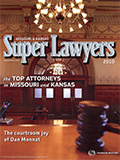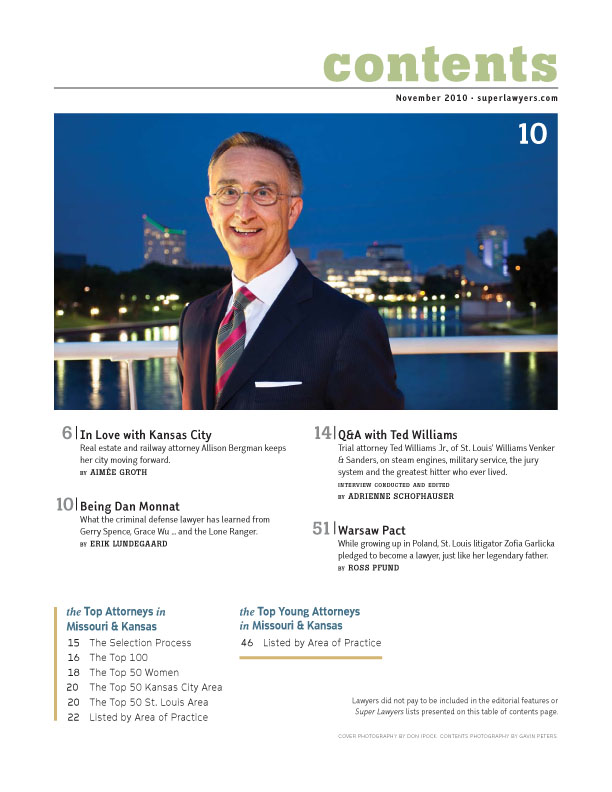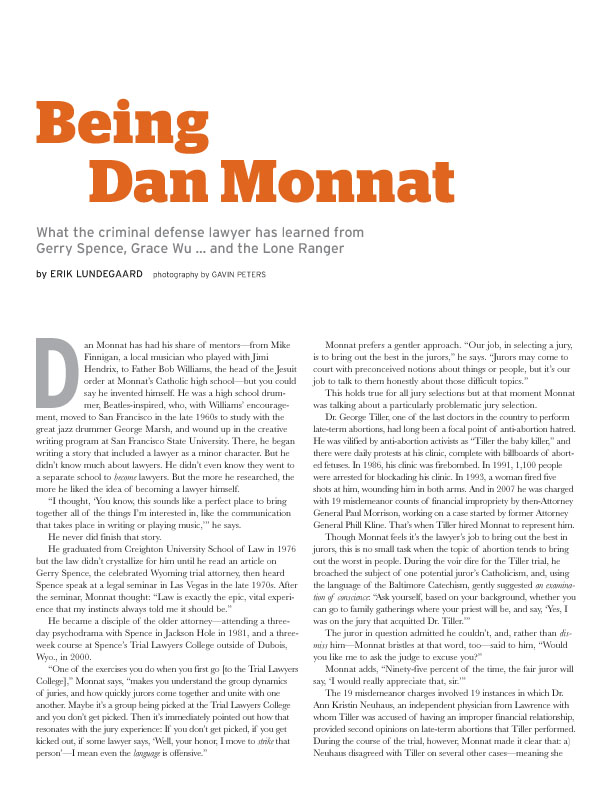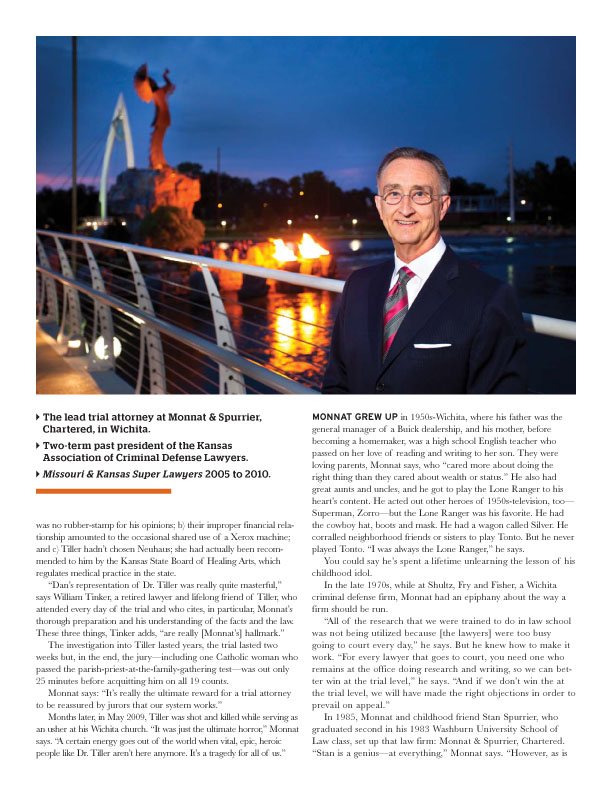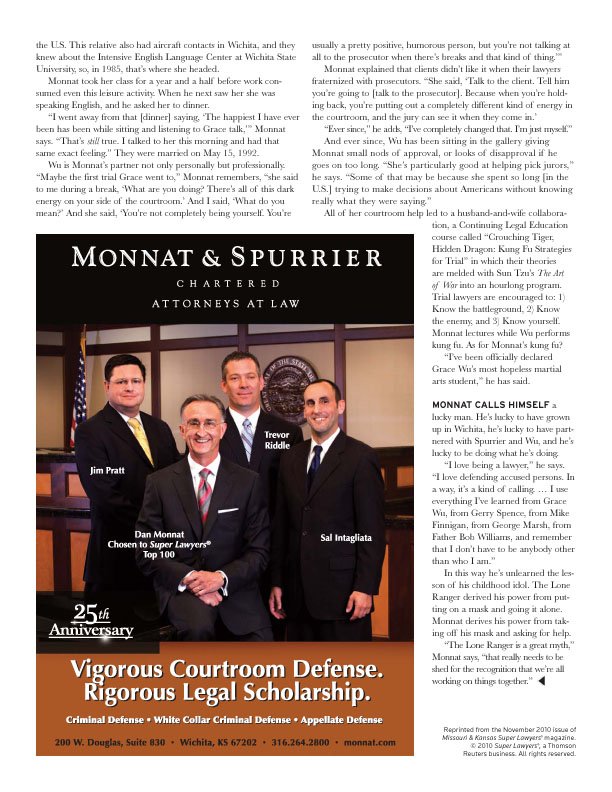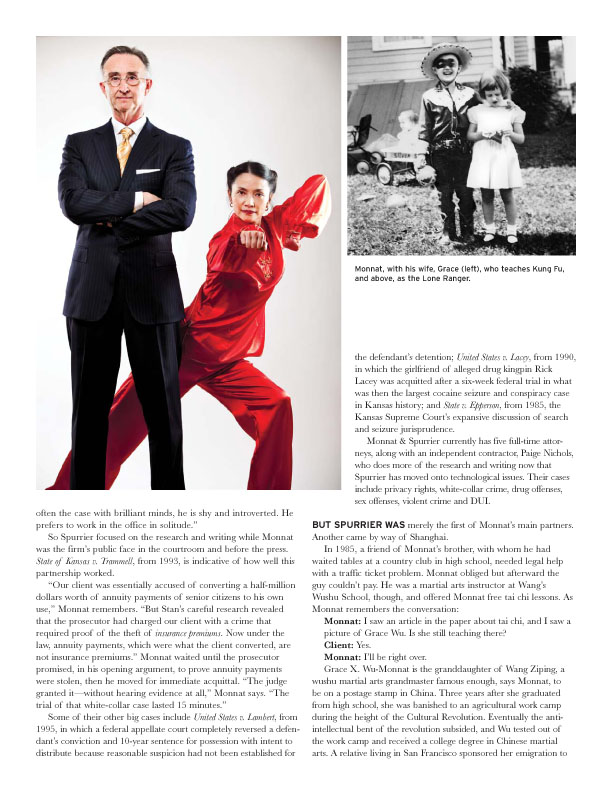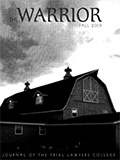A judge said Wednesday that if prosecutors take Sam Holton to trial on double murder charges, they will do so without most of the evidence seized at his house — and his confession.
Sedgwick County District Judge David Kaufman ruled that Wichita police illegally entered Holton’s home in Mulvane to arrest him in connection with two killings last Thanksgiving.
In doing so, Kaufman said, detectives tainted any evidence they would later obtain, including Holton’s admission that he was involved in the shooting deaths of Adrian Jackson and Jessie Foust near Central and Hillside in Wichita.
Kaufman said detectives entered the Mulvane house without a warrant or consent of the residents and illegally arrested Holton, 18.
The judge suppressed property from the dead couple’s home found inside Holton’s house.
Kaufman also suppressed evidence police took from the house of Trevor Cox, 17, after Holton took detectives there. That includes the murder weapon: a 9mm handgun retrieved from Cox’s closet.
Kansas law states residents must give explicit permission to police before they enter a home, Kaufman said.
“They weren’t asked to come in, and they didn’t ask if they could come in,” Kaufman said.
Sal Intagliata, Holton’s lawyer, asked the judge to suppress the evidence during a hearing last week. Intagliata said that by entering the house without permission, Wichita police violated search and seizure protections under the Fourth Amendment of the U.S. Constitution.
After such a violation, all further evidence and statements become suspect. Courts have compared it to picking “fruit from a poisonous tree.”
Kaufman agreed.
Although the judge ruled Holton made a voluntary confession at police headquarters, and that police acted properly in interviewing him, the illegal entry made the subsequent statements inadmissible during trial.
Prosecutor Marc Bennett, however, still has statements made to police by Joshua Duque, 16, who is also charged with murder and robbery in the case. Duque has been ordered to stand trial as an adult.
Holton’s trial was set for next week, but Bennett said he will ask for a continuance to pursue his options.
But Bennett is left with little more from the house in Mulvane than a pair of Jackson’s earrings and a piece of paper listing other evidence from the dead couple’s house. Holton’s mother, who put together the list, gave those items to police before they went inside.
Bennett had argued that Holton’s mother invited police into the house. But Rebecca Flagler testified at last week’s hearing that she did not give detectives permission to go inside.
Kaufman pointed out that while detectives said a supervisor told them they had consent to search the house, no one testified who it was that gave them permission.
Jackson, 26, and Foust, 25, were found dead by a family member on Thanksgiving 2009. Their children, ages 4 and 1, were unharmed and had apparently been left overnight with the bodies of their slain parents.
Holton and Duque gave police conflicting accounts of what happened, according to testimony from detectives in previous court hearings.
Detectives testified that Holton said he and Cox went to the house on North Chautauqua the night before Thanksgiving. Holton said Cox shot Jackson multiple times and then ordered Holton to shoot Foust to stop her screaming.
The same detectives said Duque told them he went to the house with Holton. Duque said he took a gun into the house but never fired it. Duque said he heard the gunshots from another room.
Cox pleaded guilty to aiding a felon and misdemeanor theft.
For story click here.
The Wichita Eagle – By Ron Sylvester

